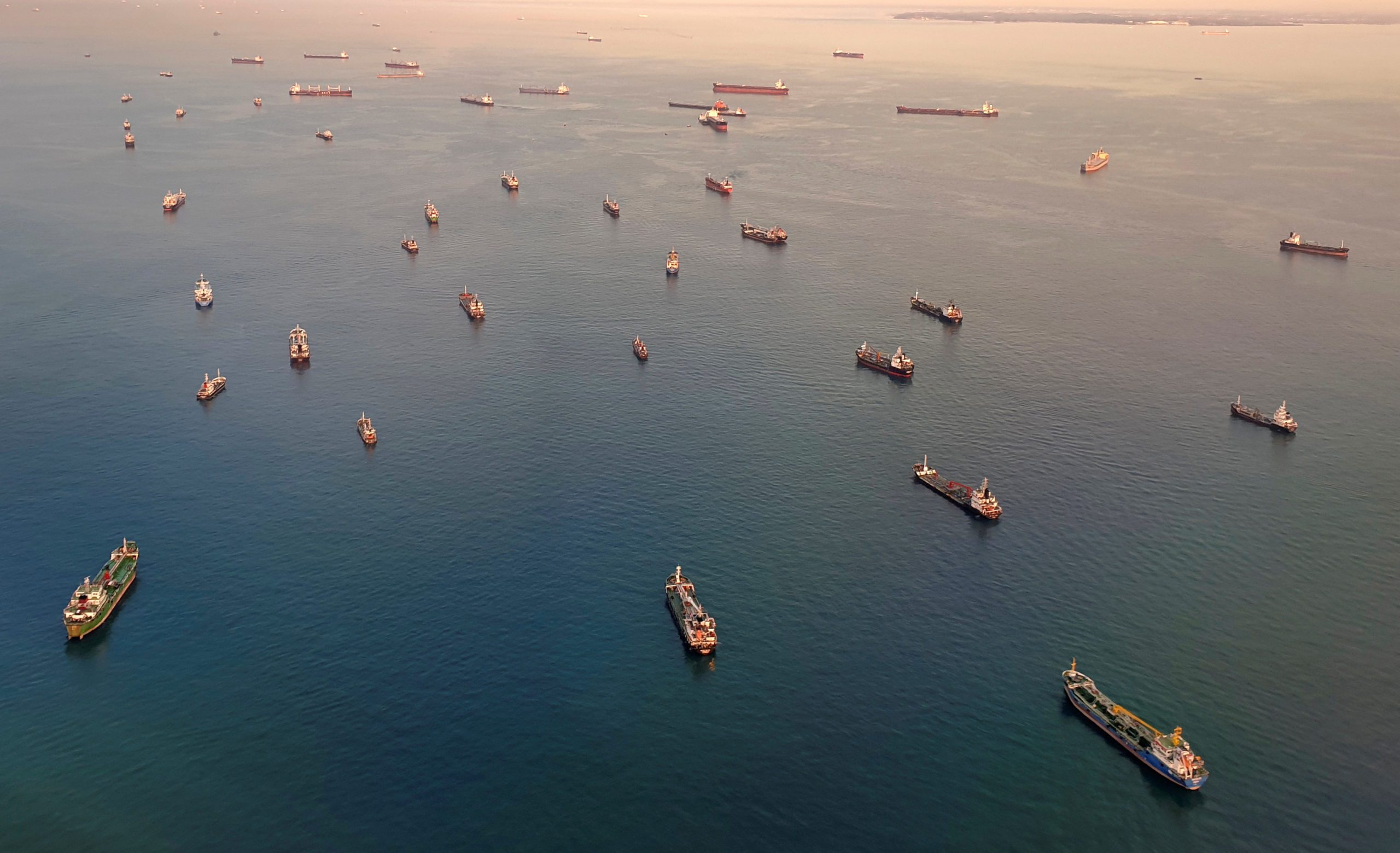Singapore has announced tough new regulations on the quality of bunker fuel to protect its reputation as one of the world’s leading maritime hubs. The move is in response to a major bunker fuel contamination incident that occurred in 2022.
The Maritime and Port Authority of Singapore (MPA) has notified all licensed bunker suppliers of the implementation of enhanced testing parameters for marine fuel batches. These enhancements are aimed at increasing efficiency and cost-effectiveness by testing upstream in the supply chain rather than on each individual delivery.
The new policy stems from the bunker contamination incident that occurred in Singapore in February 2022, when around 200 ships were exposed to high sulfur fuel oil containing high levels of chlorinated organic compounds (COCs) at Singapore Port. (HSFO) was supplied. MPA’s investigation into the contamination revealed that the fuel in question was a blended product supplied by Glencore Singapore Pte Ltd, which was subsequently sold to PetroChina International (Singapore) Pte Ltd, and which was used to power approximately 200 vessels in the Port of Singapore before the contamination was discovered. It was revealed that it was sold to a ship. discovered. About 80 of them reported problems with their fuel pumps and engines.
To address this issue, the Industry Expert Group (IEG), co-chaired by the MPA and the Singapore Shipping Association (SSA), was established to strengthen quality assurance of bunkers supplied to the Port of Singapore.
IEG submitted its recommendations to the MPA in mid-2023, and these new regulations were taken into account. From 1 June 2024, all residual and bioresidual bunker marine fuel supplied at the Port of Singapore must not contain more than 50mg/kg of COCs and must not contain inorganic acids.
For distillate and biodistillate bunker marine fuels, bunker suppliers must also ensure that they do not contain inorganic acids. Additionally, residual marine fuel must be free of polystyrene, polyethylene, and polymethacrylates.
MPA encourages all licensed bunker suppliers to maintain appropriate testing records to demonstrate that current batches of bunker fuel supplied at the Port of Singapore do not contain these polymers. doing.
For marine fuels that are mixed using different fuels or raw material batches, testing must be carried out after mixing and before being delivered as a bunker at the Port of Singapore. Blending processes are not permitted on MPA-licensed bunker vessels and a Certificate of Quality (COQ) is required for the fuel before it is loaded onto a bunker tanker before the product can be delivered as a bunker at the Port of Singapore.
Read the Singapore Maritime and Port Authority circular here.
